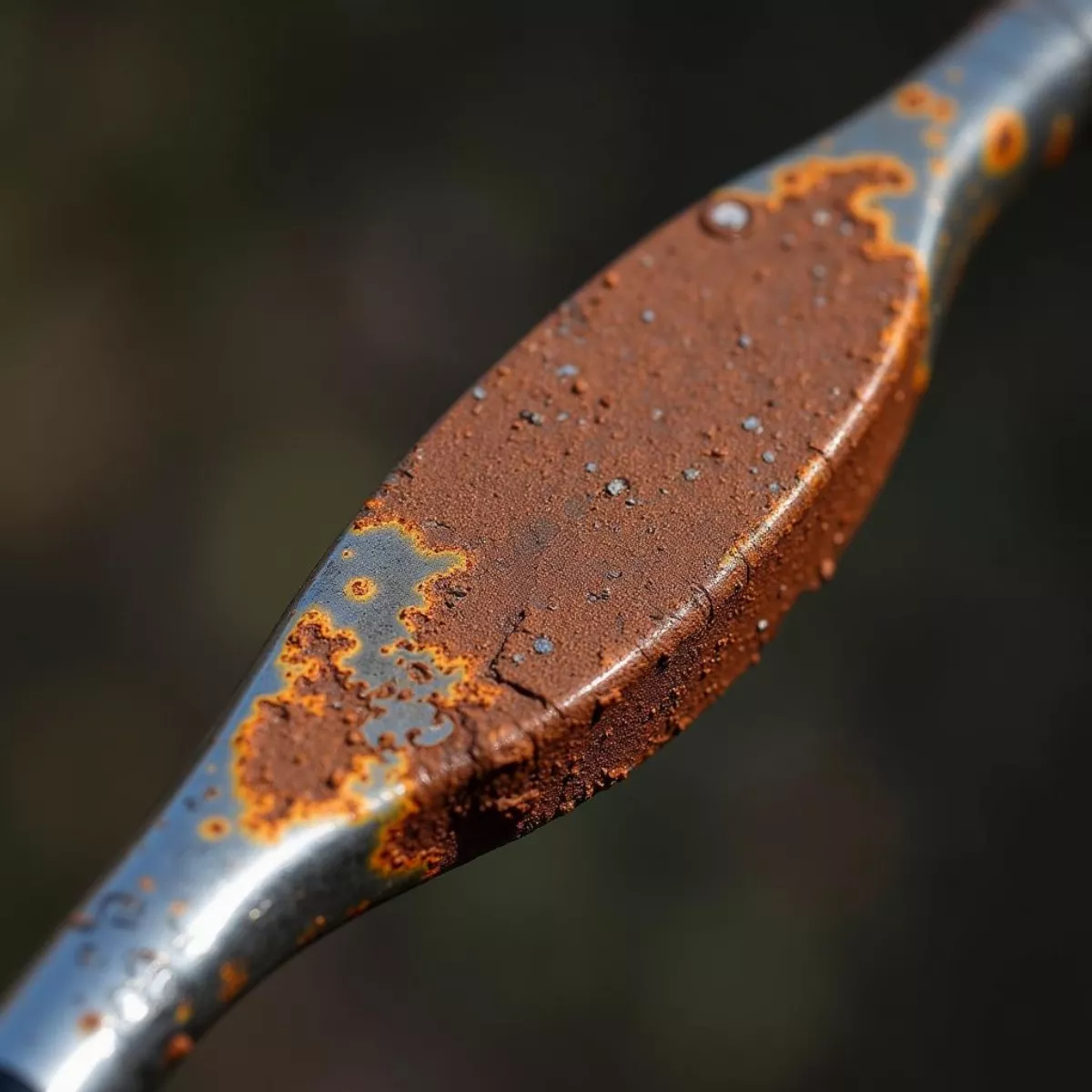Golfers know that the right equipment can elevate their game. One often-overlooked tool is the golf wedge. Many players swear by rusting their wedges for improved performance. But how do you actually rust a golf wedge? In this guide, we’ll explore the methods to rust your golf wedge, the benefits of doing so, and how to care for your equipment afterward.
Why Rust a Golf Wedge?
Before diving into the details, let’s clarify why you might want to rust your wedge. The primary reasons include:
- Increased Friction: Rusted wedges can provide better grip on the ball, resulting in enhanced spin and control.
- Aesthetic Appeal: Some golfers prefer the vintage look of a rusted club, adding character to their bag.
- Personal Preference: Every golfer has their own style; rusting a wedge can make a statement on the green.
How to Get Started
Now that you know why you might want to rust your golf wedge let’s go through the steps to achieve this.
Materials Needed
- A brand new or slightly used wedge (preferably made from softer steel like carbon steel).
- Sandpaper (medium grit, around 80-120).
- Salt (table salt works fine).
- Vinegar (white vinegar is most common).
- Plastic container.
- Old towels or cloth.
- Rust-proof spray (optional, for protection).
- Water.
Step-by-step Process
- Prepare Your Workspace: Ensure you have a clean, well-ventilated area. Lay down old towels to catch any drips.
- Sand the Wedge: Begin by using medium-grit sandpaper to gently sand the surface of the golf wedge. Focus on areas where you want to encourage rusting. The more you sand, the more surface area will be exposed for rust to develop.
- Tip: Don’t overdo it; aim for a light sanding that removes the shiny finish but doesn’t create deep scratches.
- Make a Rusting Solution:
- In your plastic container, combine water, salt, and vinegar.
- The ideal ratio is:
- 1 cup of vinegar
- 1 tablespoon of salt
- Stir until the salt dissolves.
 Rusting solution ingredients
Rusting solution ingredients
- Soak the Wedge: Submerge your wedge in the solution. Let it soak for 24 to 48 hours, depending on how quickly you want rust to form. If you need a faster process, feel free to check the wedge every few hours for signs of rust.
- Check for Rust: After soaking, remove the wedge and dry it off with an old towel or cloth. If rust has formed, that’s great! If not, you might want to repeat the soaking process.
- Final Rust Development (Optional): If you want a deeper rust color, you can periodically mist the wedge with the rust solution each day and leave it in a warm, humid environment until you reach your desired effect.
- Wash and Dry: Once you achieve the desired level of rust, rinse the wedge with fresh water to stop the rusting process. Dry the wedge thoroughly; you don’t want it to rust any further.
- Protect the Wedge (Optional): If you wish to prevent further rusting while preserving the current look, apply a rust-proof spray. Follow the instructions on the product for the best results.
 Rusted golf wedge
Rusted golf wedge
Maintenance Tips for Rusted Wedges
Rusting your golf wedge can enhance performance but requires some care. Here are some maintenance tips:
- Wipe After Use: Always wipe down your wedge after a round of golf. This prevents buildup of dirt and moisture, which can lead to unwanted rust.
- Store in a Dry Place: Keep your wedge in a dry environment to avoid excessive rusting.
- Regular Cleanings: Clean with mild soap and water every few rounds to remove debris.
Key Takeaways
- Rusting a golf wedge can enhance spin and control.
- Use materials like vinegar, salt, and sandpaper to rust your club.
- Allow your wedge to soak for 24 to 48 hours for optimal rusting.
- Regular maintenance will help preserve the rust for the best performance.
 Golfer using a rusted wedge
Golfer using a rusted wedge
FAQs
- Can any golf wedge be rusted?
- Yes, but it’s best to use carbon steel wedges as they rust more easily and provide better performance.
- How long does it take to rust a golf wedge?
- It typically takes 24 to 48 hours, depending on the method used and the conditions.
- Will rusting my wedge affect its lifespan?
- With proper care, rusting shouldn’t significantly affect the lifespan; however, excessive rust can weaken the club over time.
- Can I rust my wedge at home?
- Absolutely! All you need are simple materials like vinegar and salt.
- Will a rusted wedge perform better than a shiny one?
- Many players find that a rusted wedge provides better grip and spin due to the increased friction.
- Should I apply a rust-proof spray?
- It’s optional but can help protect the wedge from unwanted rust once you’ve achieved your desired look.
- Why do some golfers prefer rusted clubs?
- Rusted clubs can offer better performance and a classic look, which many golfers appreciate.
- Do I need to reapply the rust process?
- Depending on your playing conditions and maintenance practices, you may need to repeat the rusting process periodically.
- What other benefits do rusted wedges have?
- Beyond improved spin, rusting can help with control and provide a unique look that stands out on the course.
- Can rust affect my shots?
- Yes, if the rust is too severe, it can eventually affect the structural integrity of the club, so maintain it well.
With these insights, tips, and techniques, you’re all set to rust your golf wedge with confidence. Enjoy the process and happy golfing!

